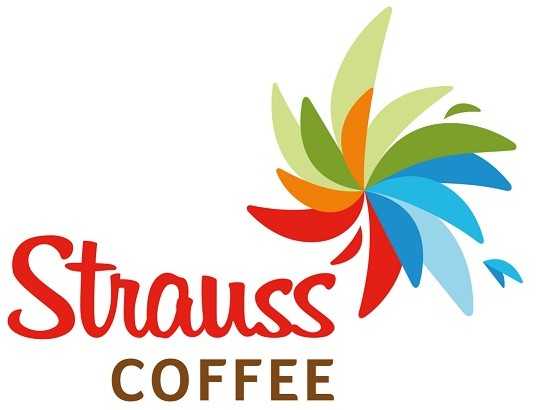PETACH TIKVA, Israel — Strauss Group delivered sales of NIS 2.1 billion in the quarter, down approximately 2.8% compared to the corresponding period last year; however, in organic terms and excluding foreign currency effects, the decrease in sales amounted to 0.1%. As mentioned, the decrease is primarily due to the drop in revenue of the joint venture in Brazil1.
Despite the stagnation in overall Group sales, in terms of profitability Strauss Group has delivered an especially successful quarter. Operating profit was approximately NIS 269 million, which constitutes 12.8% of sales and reflects an improvement of approximately 5.7% in EBIT compared to the first quarter of 2018. The main reason for the increase in the Group’s profit margin is a significant improvement in margins in the international dips and spreads business, particularly in the US, and in Strauss Water in Israel and China.
On the bottom line, the Group concluded the first quarter of 2019 with a net profit of NIS 172 million, an increase of approximately 16.8% over the corresponding period last year. The improvement in the net profit is the result of the increase in the operating profit margin, as well as a decrease in tax expenses compared to the first quarter of 2018.
Strauss Israel delivered a solid quarter, with sales rising by approximately 1.3% to NIS 877 million. The company’s activities in the quarter were mainly influenced by growth in sales of dairy products, such as the Danone Pro series, desserts led by Milky, energy bars and rice cakes under the Energy brand, Yad Mordechai honey, as well as Fun & Indulgence products. It is noted that in 2018 the figures for the first quarter also included sales data for the period preceding Passover. The Milky brand – which celebrates its 40th birthday this year – remained as strong as ever, with the brand retaining its market share in the dessert category despite the launch of a rival product.
Strauss Israel’s gross profit margin in the quarter was approximately NIS 350 million – 39.9% of sales – an improvement of 2.6% over the corresponding period last year. Strauss Israel’s operating profit margin rose 2.2% to NIS 112 million. The increase in the gross and operating profit margins is mainly the result of the great diversity in the company’s product offering, which allows for a product mix that targets different, and new, customers. The impact is reflected, among other things, in Strauss’s aggregate share of the Israeli food and beverage market, which, according to StoreNext’s[2] figures for March 2019, was 12.2% compared to 11.9% in the corresponding period last year. In the current quarter, the Israeli food and beverage market dropped 0.6%.
Giora Bardea, Strauss Group President & CEO commented: “Strauss Group continues to deliver good results in the first quarter of 2019. Our product diversity and innovation, geographical spread and continuous efficiency enhancement processes have enabled the Group to post a significant improvement in profit margins, despite stability in overall Group sales. Our operations in most categories – Strauss Israel, Sabra-Obela and Strauss Water – delivered growth in sales volumes as well as profit margins. The joint venture in Brazil[1] experienced some weakness in the quarter, mainly as a result of foreign currency effects and the drop in green coffee prices.”
Strauss Coffee
Strauss Coffee had a challenging quarter with sales of NIS 894 million, reflecting a drop of 3.6% compared to the corresponding quarter last year excluding foreign currency effects. Translation differences into Shekels in 2019 had a negative impact on sales by the coffee company and amounted to NIS 59 million, of which the negative effect of the change in the average exchange rate of the Brazilian Real against the Shekel accounted for NIS 44 million. The decrease is primarily the result of a drop in the sales of the coffee company in Brazil, Três Corações – Brazil’s largest coffee company and a joint venture equally owned by Strauss Group and São Miguel Holding Investimentos S.A. Sales in Brazil decreased mainly as a result of a reduction in sales prices following a drop in green coffee prices in the country. The decrease in sales in Brazil in domestic currency amounted to 4.1%. It is worth noting that Três Corações’ market share grew significantly in the quarter to 28.1%, compared to 27.2% in the corresponding period last year (value market share, reflecting 100% of Três Corações’ sales, according to A.C. Nielsen figures).
Coffee sales in Eastern Europe (Russia, Ukraine, Romania and Poland) also decreased in the first quarter of 2019. In total, the international coffee business decreased by 5.4% in the quarter in local currency. The coffee business in Israel grew 2.5% in the first quarter, mainly as a result of growth in the freeze-dried coffee category, which was relaunched in the quarter under the Platinum brand, as well as the espresso capsule category, which continued to grow.
1 Israeli Shekel = US$0.2805


















